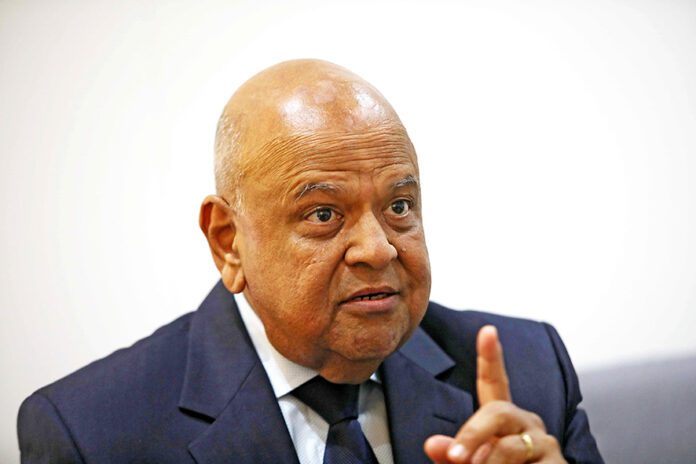After a dramatic exit of executives at Transnet recently, Public Enterprises Minister Pravin Gordhan and state-owned logistics company chairperson Andile Sangqu have appointed Tshokolo Nchocho as the new board chairperson for Transnet National Ports Authority (TNPA).
Nchocho, who comes to the ports authority from the Industrial Development Corporation, where he was the CEO, will also serve as a non-executive director for TNPA.
Nchocho previously worked for the Land Bank, where he was at the helm as a CEO, and has 20 years’ experience in the banking sector.
Efforts to improve ports
Gordhan said: “This latest appointment serves as further affirmation of our commitment to enhance TNPA’s strategic position by equipping it with a depth of skills, knowledge and experience that will support our efforts to improve our ports and boost their contribution to the economy.
Nchocho joins TNPA after Gordhan had previously announced the board’s non-executive and executive directors – Khomotso Phihlela, Velile Dube, Sue Lund, Valda Grossmann and Clarence Benjamin.
The new breed of directors appointed by Gordhan includes Pepi Silinga and Lionel Billings.
The board has engineers, great minds who worked in aviation, energy and business development, including those who worked in the mining industry and financial sector.
Transnet has been hit by troubles recently, casting the spotlight on issues of succession and huge debt that threaten to bring the state-owned entity on its knees.
Failing infrastructure and falling revenue
More woes for the rail system operator emanated from the theft and vandalism of the railway infrastructure.
Its infrastructure is failing, revenue and volumes are falling, and its substantial debt will soon have to rise further.
Dozens of skilled people have left the company through a voluntary severance programme, and the entire executive committee is made up of new people – mostly new to Transnet and rail – with only one experienced person from the pre-2020 Transnet still in place.
While Transnet has raised sufficient liquidity to see out this financial year, come the Budget Speech next February, it will need financial support from the National Treasury in the form of an equity injection, loan guarantees, or both.
This is because Transnet will not be able to trade its way into profitability.
Like Eskom, it is simply not earning the revenue it needs to fund operations, especially maintenance and servicing of its debt.




